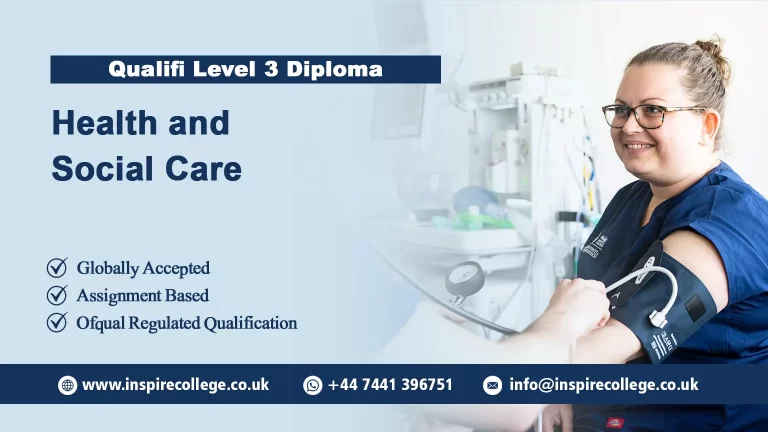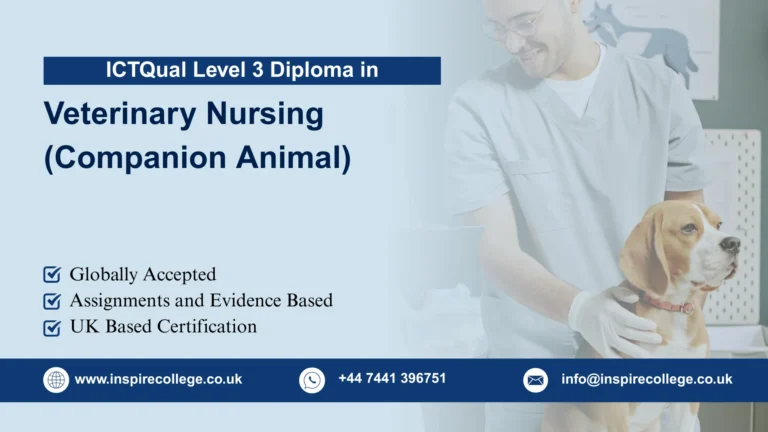ProQual Level 3 Award in Healthcare and Social Care Support Skills
Health & Social Care Level 3 Award – Professional Growth
Awarding Body : ProQual
Level: 03
GLH: 50
TQT: 100 hours
Professional Care Skills for Career Progression
The ProQual Level 3 Award in Healthcare and Social Care Support Skills is an Ofqual-regulated qualification designed for individuals who already work in healthcare or social care roles and wish to enhance their skills and knowledge. This qualification is ideal for those looking to progress in their career, providing them with the expertise needed to take on more advanced responsibilities within healthcare and social care settings. The course is entirely assignment-based, offering flexibility for learners to study at their own pace, making it accessible for those with busy schedules. It is recognised internationally, making it a valuable qualification for individuals aiming to advance their career both in the UK and overseas.
The ProQual Level 3 Award in Healthcare and Social Care Support Skills offers a comprehensive overview of key areas in healthcare and social care, focusing on supporting individuals with more complex care needs. The course covers topics such as advanced communication skills, health and safety, safeguarding, supporting individuals with specific needs, and understanding the legal and ethical aspects of care. This qualification is designed to provide learners with the knowledge and practical skills required to support individuals in a wide range of care settings, including hospitals, residential care homes, and home care services.
Upon successful completion of the ProQual Level 3 Award in Healthcare and Social Care Support Skills, learners can pursue several progression routes. They can choose to advance to a Level 3 Diploma in Healthcare and Social Care, which opens the door to more senior roles and offers further specialisation in specific areas of care. Additionally, learners may wish to pursue leadership and management training, enabling them to take on managerial roles within healthcare settings. This qualification also enhances employment prospects, providing learners with the skills and knowledge required for higher-level care roles, such as senior care worker, care coordinator, or team leader.
Follow Us
Start Learning Today
Get in Touch
+44 2035 764371
+44 7441 396751
info@inspirecollege.co.uk
www.inspirecollege.co.uk





